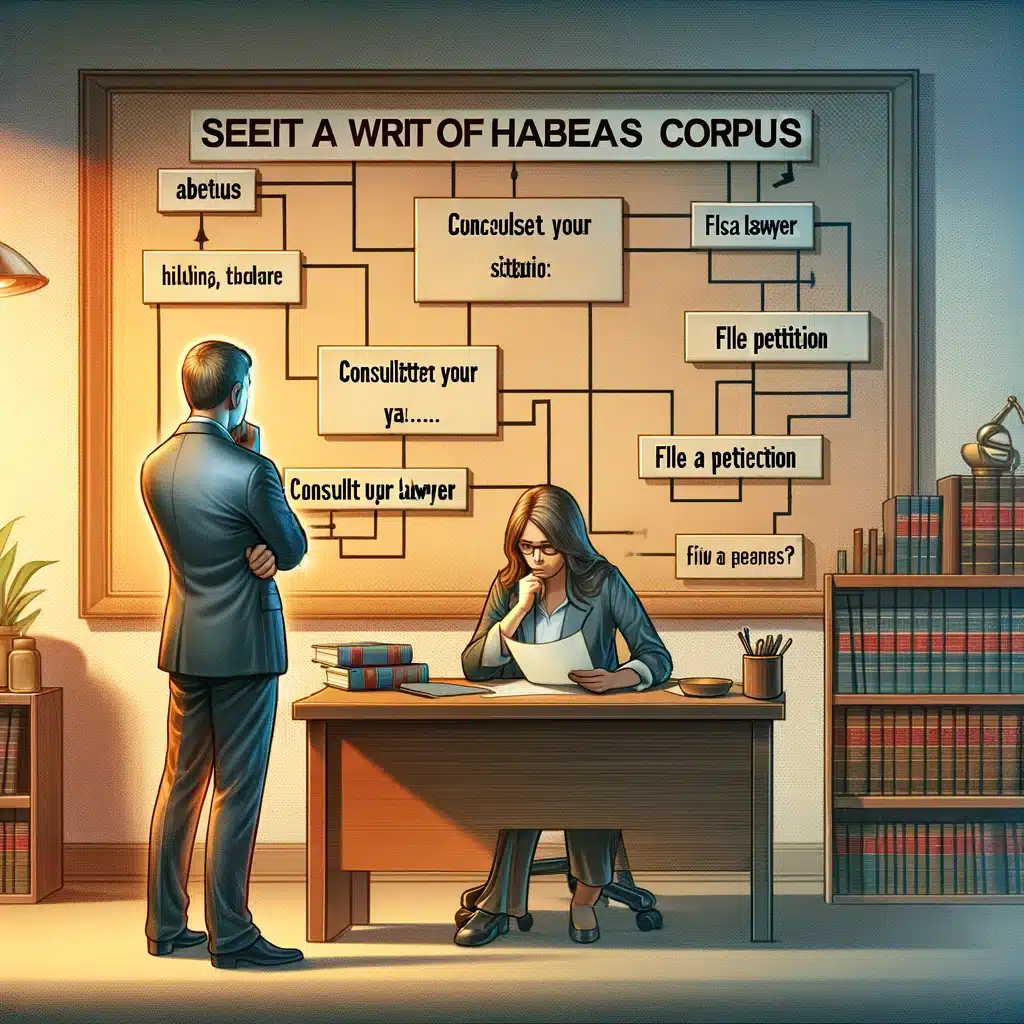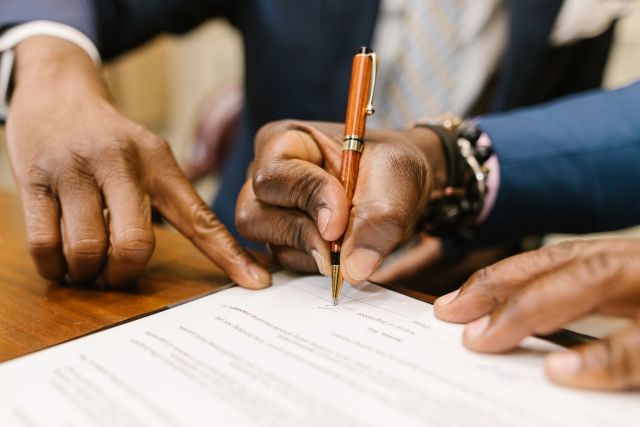Recognizing Habeas Corpus: An Attorney's Overview to Legal Legal Right
Wiki Article
Recognizing the Role of a Post-Conviction Attorney in Seeking Justice After a Criminal Conviction
In the complex landscape of post-conviction legal procedures, the function of a post-conviction legal representative is critical in navigating the course to justice after a criminal sentence. Beyond the boundaries of a test, these lawyers participate in a diverse method aimed at uncovering brand-new evidence, challenging lawful mistakes, and promoting for their clients' civil liberties. The intricacies of post-conviction job call for a blend of legal acumen, investigatory skills, and critical believing to decipher the intricacies of a situation and pursue methods that might have been neglected or underexplored. As the search of justice prolongs beyond the boundaries of preliminary procedures, the role of a post-conviction lawyer emerges as a sign of expect those seeking to fix injustices and redeem their civil liberties within the legal system.Post-Conviction Attorney's Investigative Job
Post-conviction lawyers participate in careful investigatory job to uncover new evidence, procedural mistakes, or misbehavior that might possibly result in overturning a sentence. This investigatory phase is vital in the post-conviction process as it intends to determine any type of neglected information or lawful missteps that might have impacted the end result of the preliminary trial. Post-conviction lawyers look into instance files, witness testaments, and lawful documentation with a fine-tooth comb, looking for any type of disparities or abnormalities that could be premises for appeal.
Via extensive examination, post-conviction lawyers aim to drop light on potential injustices that might have taken place throughout the original trial. By scrutinizing every element of the lawful process, post-conviction lawyers work tirelessly to reveal any kind of factors that may have influenced the verdict.
Crafting Appeals and Petitions
In the quest of justice after a sentence, skilled attorneys diligently craft appeals and petitions to present compelling arguments for the reconsideration of legal decisions. Crafting appeals and petitions needs a deep understanding of the legal system, attention to detail, and strategic reasoning. Post-conviction legal representatives assess test documents, recognize possible mistakes or infractions of civil liberties, and create lawful disagreements to challenge the conviction or sentence.When crafting an appeal, lawyers concentrate on highlighting lawful errors that may have affected the outcome of the instance. They look into instance legislation, statutes, and legal criteria to support their debates. Requests, on the other hand, may involve offering brand-new evidence that was not available during the test or showing modifications in the law that necessitate an evaluation of the conviction.
Furthermore, post-conviction attorneys need to adhere to strict step-by-step regulations and target dates when submitting charms and applications. They should provide their arguments clearly and persuasively to persuade the court to grant alleviation to their clients. Through thorough crafting of charms and petitions, post-conviction legal representatives aim to protect justice for individuals who have actually been wrongfully founded guilty or unfairly punished.

Seeking Post-Conviction Relief
Post-conviction relief incorporates a variety of legal devices created to challenge the credibility of a conviction or sentence. Post-conviction legal representatives play a critical function in navigating these intricate procedures, ensuring that all lawful options are discovered to remedy injustices that might have happened throughout the trial or sentencing stage.One usual kind of post-conviction relief is filing a request for post-conviction alleviation, generally based on insurance claims of inadequate assistance of advice, prosecutorial transgression, newly found evidence, or constitutional infractions. Experienced post-conviction legal representatives possess the skills and knowledge required to recognize viable legal claims, perform investigations, and present compelling arguments to secure relief for their clients.
Using Forensic Proof
When testing a sentence or sentence, the critical utilization of forensic evidence can be an effective tool in post-conviction legal process. Forensic evidence encompasses a wide variety of scientific techniques used to examine criminal offenses and establish facts in court. Post-conviction attorneys can utilize forensic evidence to challenge the legitimacy of sentences by presenting brand-new scientific findings that were not available during the original trial.
Taking Part In Sentence Modifications
Post-conviction attorneys may check out the possibility of sentence adjustments as a legal avenue to deal with disproportionate or unfair sentences handed down in criminal cases. Sentence modifications involve seeking modifications to the regards to an offender's sentence after a sentence has actually occurred. These adjustments can include decreasing the length of a sentence, altering the kind of penalty imposed, or exploring alternative sentencing options.Post-conviction legal representatives can seek sentence adjustments with various lawful devices, such as submitting movements for sentence reduction, appealing for thoughtful release, or working out plea deals for lowered sentences. They need to very carefully evaluate the circumstances of the instance, examine the legal premises for looking for an adjustment, and present engaging arguments to the court supporting the requirement for a modified sentence.
Taking part in sentence adjustments requires a complete understanding of criminal legislation, punishing guidelines, and the details procedures involved in looking for post-conviction relief. Post-conviction legal representatives play a critical function in supporting for fair and simply results by challenging sentences that are unduly extreme or do not straighten with the concepts of justice.
Conclusion
In conclusion, the function of a post-conviction legal representative is important in looking for justice after a criminal conviction. With investigative job, crafting charms and applications, seeking post-conviction alleviation, using forensic evidence, and taking part in sentence alterations, these lawyers play an important function in advocating for their clients and making certain my link that their legal rights are promoted within the criminal justice system. Their dedication and know-how are important in browsing the intricacies of post-conviction proceedings and accomplishing a fair result for people encountering criminal convictions.Report this wiki page